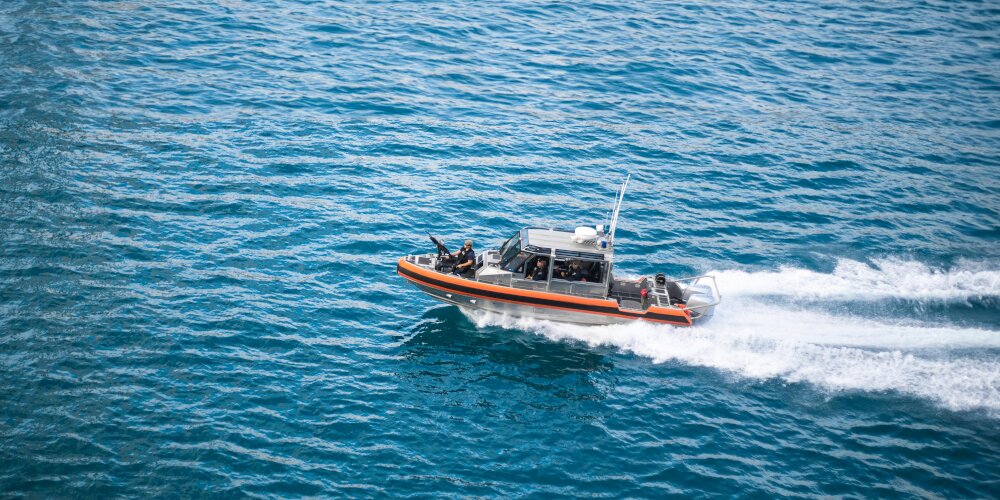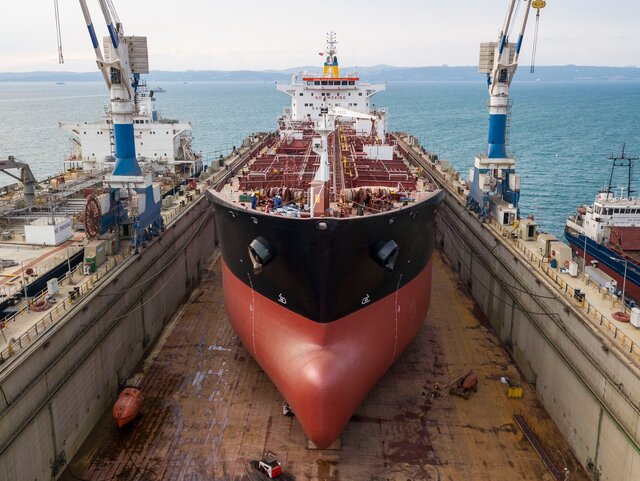IMO Chief Urges Global Cooperation to Tackle Escalating Maritime Security Threats

International Maritime Organisation (IMO) Secretary-General, Arsenio Dominguez, has called for heightened vigilance and deeper international collaboration to counter rising threats to maritime security.
Addressing a high-level open debate of the United Nations Security Council on 11th August, he warned that escalating incidents, from piracy to cyber-attacks, pose serious risks to ships carrying billions of tonnes of cargo each year.
Speaking under the presidency of Panama’s head of state, H.E. José Raúl Mulino, Mr Dominguez stressed that maintaining safe and secure seas is a shared responsibility.
“Our collective response must be rooted in prevention, constant vigilance, innovation, and continuously strengthened regional and international cooperation,” said Dominguez. “Multilateralism is key here. Maritime security is a shared responsibility”.
Latest figures reveal almost 150 reported cases of piracy and armed robbery at sea in 2024, concentrated in the Straits of Malacca and Singapore, the western Indian Ocean and waters off West Africa.
Mr Dominguez also highlighted unlawful attacks in the Red Sea that violated international law and disrupted freedom of navigation. He warned that emerging threats, such as cyber-attacks, illicit trafficking and fraudulent schemes, further undermine security, highlighting the need for significant cybersecurity governance within the industry.
“When geopolitical tensions disrupt shipping and innocent seafarers lose their lives, as we have seen recently in the Red Sea area and during 2024, the only way forward is constructive dialogue,” Dominguez added. “Maritime security is not just technical - it is deeply human”.
Dominguez pointed to a suite of binding instruments designed to bolster maritime safety and crime prevention. These encompass the 2004 International Ship and Port Facility Security (ISPS) Code, the 2005 suppression of unlawful acts (SUA) treaties and mandatory cybersecurity requirements integrated into the Safety Management Systems (SMS) of all vessels.
Complementing these global rules, regional capacity-building initiatives have been established to streamline information-sharing and joint response efforts. The Regional Cooperation Agreement on Combating Piracy and Armed Robbery against Ships in Asia (ReCAAP), the Djibouti Code of Conduct (and its Jeddah Amendment) and the Yaoundé Code of Conduct for West and Central Africa each allow port States and navies to coordinate patrols, share intelligence and train enforcement personnel.
Dominguez also highlighted partnerships forged with the United Nations Office on Drugs and Crime, INTERPOL, donor States and regional bodies.
He cited ongoing projects such as the EU-funded Red Sea Programme and the Port Security Project, which provide technical assistance and equipment to national authorities affected by maritime crime.
Dominguez concluded by urging Member States to build on existing frameworks and support fresh measures that improve resilience, deter criminal activity and ensure the safety of seafarers and global supply chains.
Brookes Bell’s anti-piracy experience
Piracy remains a very real and serious issue for the shipping industry, which means that the implementation of anti-piracy measures, protocols, and processes is more important than ever.
At Brookes Bell, our team has expertise in line with best practices, including voyage planning, re-routing, vessel preparedness, embarking security personnel, and more.
To learn more about our anti-piracy expertise, speak to us today.
Discover our anti-piracy experience at Brookes Bell
For more maritime industry news, insights and developments, read the Brookes Bell News and Knowledge Hub…
A Brief History of the Suez Canal | The World's Largest Container Ships | Iraq’s Al Faw Port and “Dry Canal” to Rewrite the Global Trade Map
- Author
- Anthony York
- Date
- 30/10/2025

